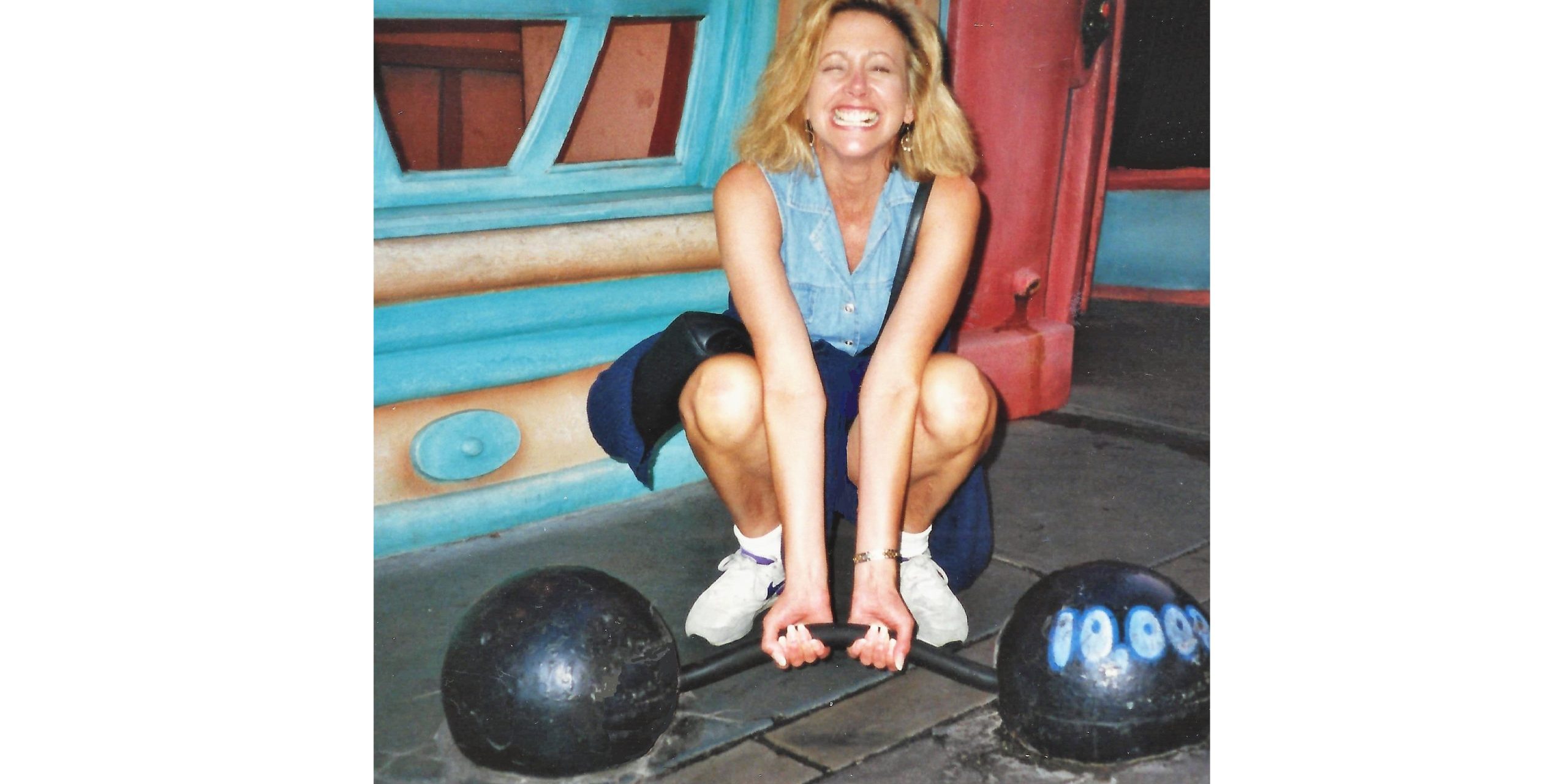LAGUNA NIGUEL, CA – In grant writing, we typically address the politics of grant writing by asking our clients to fill out a project innovator form and collect the needed documents. This is usually enough to identify issues that might get in the way of creating a winning grant campaign.
We have also found it essential to conduct a well-organized and impressive kick-off meeting for the client and their staff. Over time, I have come to believe that one of the most important secrets of success for a grant writer is learning how to conduct a powerful, influential and effective grant campaign kick-off meeting. This meeting can make a large difference. The reason is that grant writing is a team sport, not an individual effort. To pull together a winning grant application in a short period of time you need to use every technique at your disposal to win participants to your side. Without their earnest help, preparing a conforming grant application will be a slow, lonely process.
Along these lines, I like to run a tightly organized staff meeting when I get together with our Drew & Associates senior grant writers, research assistants, and marketing staff. Here are the tips that I follow myself to build a strong and effective team:
1. Punctuality: My meetings start and end exactly on time. In my experience, if I get sloppy about starting and ending the meeting on time, people start showing up late and failing to use our limited time efficiently. In my experience, no one shows up late.
2. Allow Time to Blow Off Steam: I start each staff meeting with an informal discussion that allows everyone to release their stress by sharing a little information regarding either their personal triumphs and/or struggles. We blow off a little steam too by talking about personal health issues, problems with children and loved ones, or the general madness and insensitivity of those around us. The aim of this portion of the meeting is to allow people to vent some of the tensions and concerns that might otherwise distract them during the rest of the meeting. An additional benefit of this portion of the meeting is that I can identify important clues about how our staff are doing and what–if anything–I need to be doing to make their personal and work lives easier.
3. Use an Agenda: I think it is important to distribute a written agenda at each meeting. The agenda starts with a quick report from each branch of our consulting practice – writing, research, marketing, and collections. We then move on to discuss old business followed by a discussion of new business. If someone wants to suggest an additional discussion item, I usually just add it to the end of the agenda under the category of new business.
4. Keep Meeting Minutes/Record Action Items: Someone takes careful notes at each meeting. My wife, Trish, is remarkably persistent in noting what I and my staff have promised to do to move forward on specific business issues. Later that same day, she sits down with me and goes through the list and we take initial action on each item while we still have the clarity and motivation to get the task done.
5. Foster a Culture of Openness: Although I am not sure that this last tip will help everyone, I do encourage our staff members to speak their minds, criticize me or my practices, or vent their frustrations to the furthest extent possible. To me, this is what it means to be working in a healthy functional consulting practice. At times, however, I do wonder how I got myself into a situation where I’m paying everyone in the room to find fault with me. The benefit, of course, is that I get fresh ideas, honest feedback, and I learn how to avoid serious mistakes. To me, the most dangerous thing in the world is to be surrounded by people who simply repeat back to you your own ideas. As I see it, I am paying for others’ honesty and objectivity no matter how much I might be embarrassed as an individual.
6. End on an Inspirational Note: Finally, I like to end each meeting with my sincere thanks to everyone for their time and attention. I remind everyone that what we are doing has a profound impact on some of the most dangerous, urgent, and difficult challenges facing our nation. I think it is important to remind my staff–and myself–that in our society virtually all projects of great significance must first pass across the desk of a talented and insightful writer.

